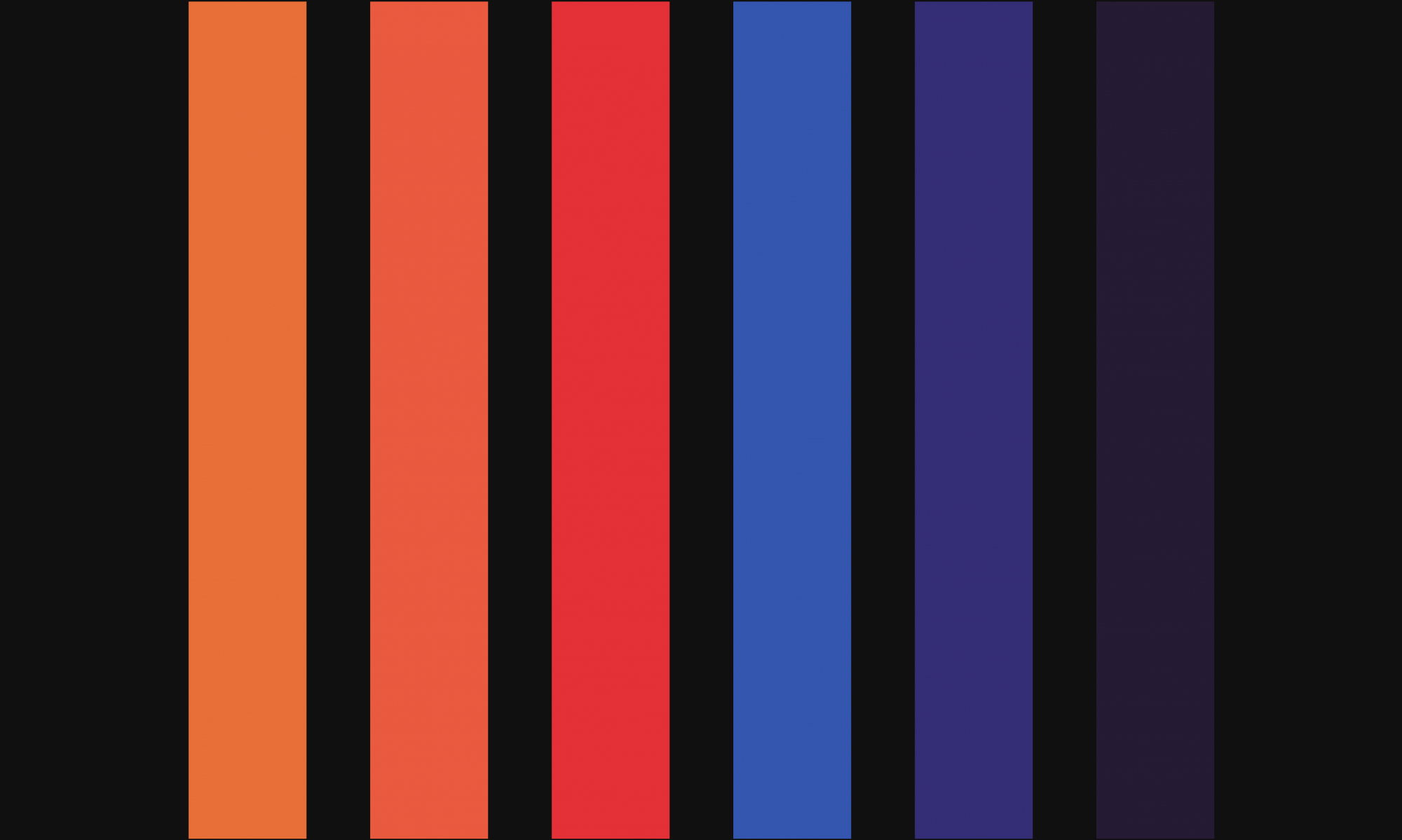Sarita Malik has done more research than most on racial inequalities within the Creative Industries and, even though she is the first to say that data is often uneven and misleading, there is considerable evidence which highlights the challenges facing BAME communities. A chapter by Malik and William Shankley in the recently published State of the Nation report (
Ethnicity, Race and Inequality in the UK) notes:
- Ethnic minority people are less likely than white Britons to work in the creative industries and are more likely to experience unemployment from precarious labour in the creative industries.
- Ethnic minority people represent 6% of workers in design; 9.1% in film, TV and radio; 6.7% in music and performing and the visual arts, compared to 14.1% of the overall population for England and Wales and 40% in London.
While we sometimes bemoan the lack of reliable data on diversity in the creative sector, there is no shortage of good data to highlight the impact that Covid-19 is having on BAME communities. The
Government’s own data states: “An analysis of survival among confirmed COVID-19 cases showed that, after accounting for the effect of sex, age, deprivation and region, people of Bangladeshi ethnicity had around twice the risk of death when compared to people of White British ethnicity. People of Chinese, Indian, Pakistani, Other Asian, Caribbean and Other Black ethnicity had between 10 and 50% higher risk of death when compared to White British.” Covid-19 has “exposed and exacerbated longstanding inequalities affecting BAME groups in the UK” in the Creative Industries. The Malik and Shankley chapter goes further, highlighting the barriers to entry in a number of professions, the lack of BAME people in decision-making roles across the Creative Industries, the institutional racism and/or culture within funding bodies and large companies and institutions which fail to engage or support BAME groups, and the strong link between BAME and precarious labour across the sector (for example,
this recent report notes that 86% of people of colour employed by Arts Council NPOs are freelancers). The Government response to the Covid crisis has been positive in many ways, but the furloughing and business loan schemes will tend not to support those people and organisations which are most precarious – whether small, grassroots, companies and organisations or freelancers working across a multiplicity of sectors. As highlighted by BLM, there is however a potential opportunity here – a chance to build something positive out of the crisis. Exposing inequality appears to have catalysed a greater desire to redress it. Darren Henley, CEO of Arts Council England, for example,
stated very boldly: “[racism is] not someone else’s or somewhere else’s problem. It’s all of our problem. It’s my problem. And it’s the Arts Council’s problem.” But we also noted a subtle but significant shift in language coming from agencies such as the Arts Council and
UKRI – from ‘promoting diversity’ towards ‘tackling racism’, from understanding the ‘problem’ of inequality to actually doing something about it. For Malik, diversity drives need to involve anti-racist approaches. Our discussion highlighted some of the elements which might form part of a more forward-looking research – and action-oriented research – agenda:
- To understand the relationship between power and accountability in companies and institutions charged with a leadership role in the sector
- To review the impact of ‘cultural diversity’ policy-making, and identify where there has been good practice in implementing change and making a real difference for BAME groups
- Identify and promote good practice in devolving decision-making and funding to BAME-led groups
- Build a better understanding of precarious labour (as highlighted in previous sessions)
- Build better data sets, with which to make more informed decisions in the future.

